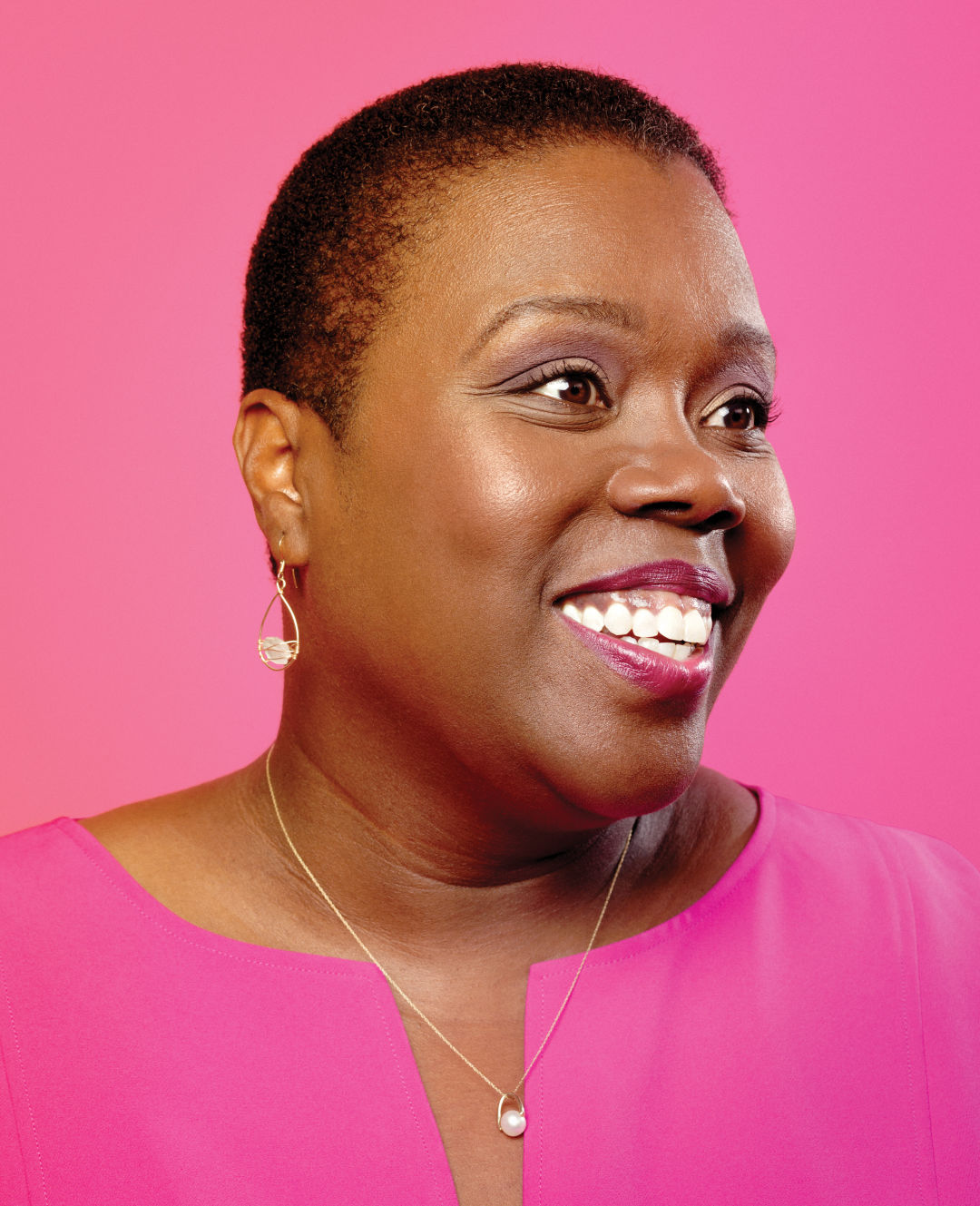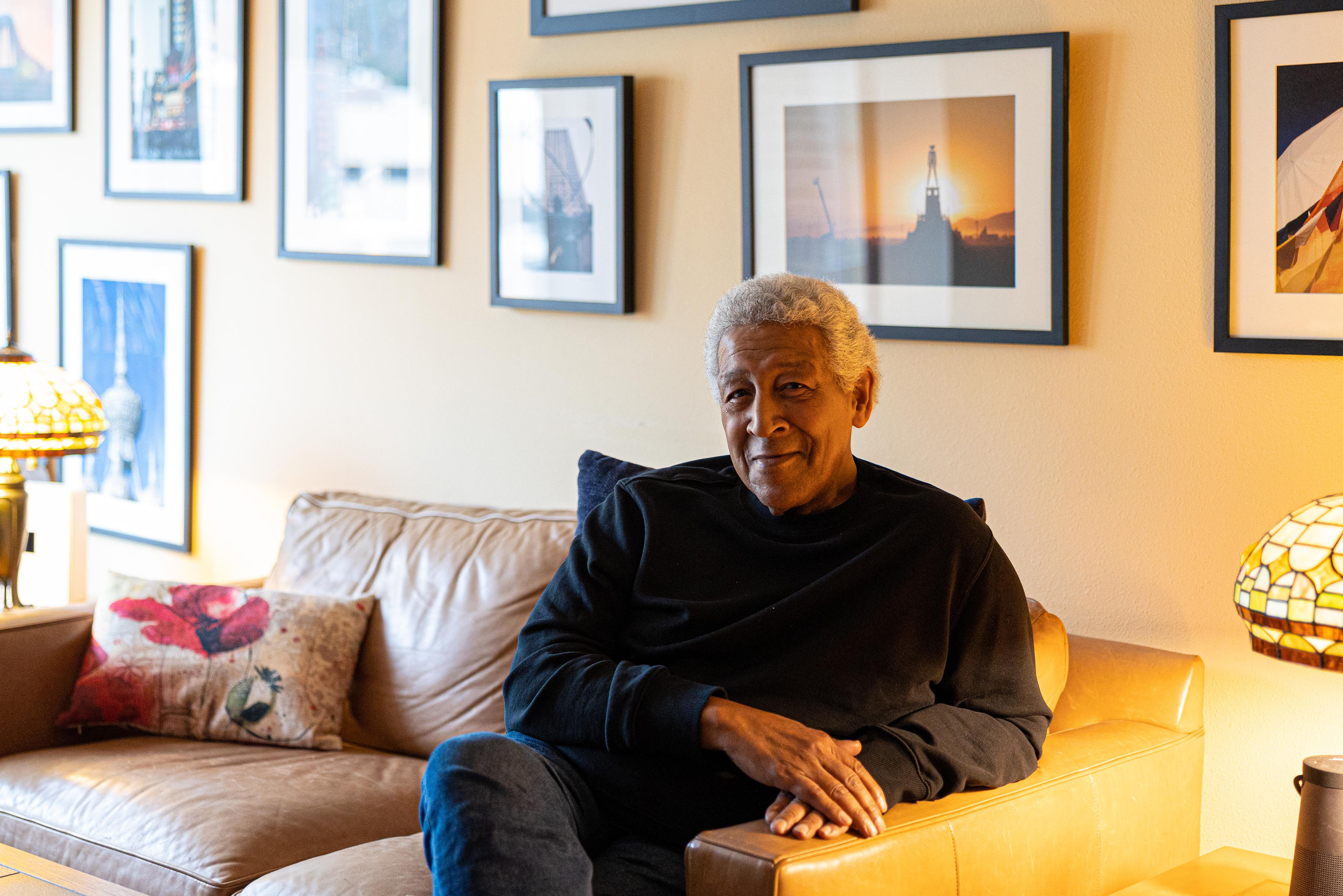Meet Adrienne Nelson, the Second Black Female Judge in Oregon History

"In court I try to treat everyone with some dignity and respect. I explain things to them, and I make eye contact with them—so they know I am paying attention."
Image: Nicolle Clemetson
The law courted Adrienne Nelson at a young age. At the top of her class in 1985 in Gurdon, Arkansas, Nelson was set to be her high school’s first black valedictorian. Instead, the school decided to give the honor to the student with the next highest GPA—who was white. Nelson’s mother sued the school district, students of color threatened a walkout, and a historic valedictorian walked the stage. Nelson went to college and eventually set her sights on law school. A Multnomah County Circuit Court judge since 2006—the second black female judge in Oregon history and now just one of two in the state—Nelson spreads her famously sunny personality far and wide. (In January 2018, Kate Brown appointed her to the Oregon Supreme Court, the first black judge to sit on the state's high court.) She volunteers at nonprofits, schools law firms on the history of race in Oregon, and has organized community gatherings where police and legal insiders listen to the stories of civilians of color. Just don’t think her warmth makes her a pushover on the bench: “I can hear attorneys talking to their clients [about me],” says Nelson. “They say, ‘She’s very nice, but she will send you to prison.’”
I don’t have a [first] name except with family and close friends. In the black community, as a term of endearment and respect for what I’ve achieved and where I am, a lot of people just call me “Judge.” But it’s got a special little tilt on it.
I moved to Oregon in the summer of 1994. When I got here, people were honest about the fact that there’s not a lot of diversity. They never really told me why. So I took it upon myself to learn [about Oregon’s racist past]. I taught myself PowerPoint and created a presentation that went back to the first time we had documentation of someone of African descent in Oregon, from the 1500s through the early 2000s. I ended up presenting it to 75 people at a major law firm. I think the conversation of race is so uncomfortable that we decide that we’re just not going to deal with it—we just shut down. We all have to get comfortable with the uncomfortable.
I'm a general jurisdiction judge. I can hear anything from a misdemeanor to a murder, and on the civil side anything from a car accident to something really complicated. The cases I like are complex. I want to be sure people have been heard in those situations, and I try to create a space where people can share anything, because you get a better solution—faster, honestly—when they do. I try a lot of sex crimes. Right now I have two murder cases.
In court I try to treat everyone with some dignity and respect. I explain things to them, and I make eye contact with them—so they know I am paying attention. It makes a world of difference. The facts of a case can be ugly. There’s no getting around that. But I have to find a way to communicate without being repelled, because people have a right to legal representation, a right to legal process, and the system has to work a certain way.
I’m a geek—I know I’m a geek. I’m not embarrassed by that. I love a good case. I also love trying to resolve conflict. I genuinely have a love for people. I don’t want it to feel forced or fake. The day I am grumpy and disconnected is the day I need to leave.
My commitment to the rule of law is very important. The lack of a strong civic education has affected our ability to be productive citizens. People should ask questions. It’s important for people to understand that the judicial branch is the third branch of government and what that means.
For the listening sessions, we wanted to hear the community’s experiences and concerns with the court, and try to build trust and confidence. We talked about the overrepresentation of people of color in the criminal justice system. We’ve had every aspect of the legal system represented—it was a way for us to listen and absorb. People were very emotional. It was very much a gift. I definitely put myself out there because I see myself as a bridge between the community and my colleagues. I’m uniquely situated for that.
I’ve had a number of women in my life talk to me about the importance [of carving time out] for myself instead of doing things for everyone else. But growing up, I had women who gave me parts of themselves so I could be a better person and have more opportunities than they had. That makes me very grateful. And it makes me understand that I need to do the same for others.




